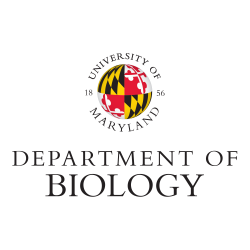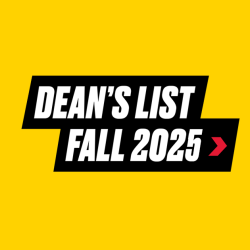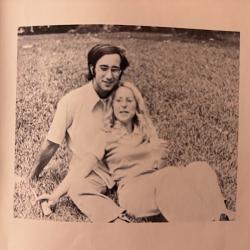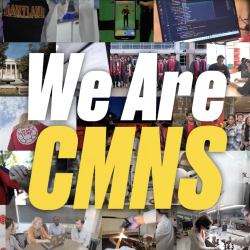Career Q&A with Biological Sciences Major Muntaha Hossain
Hossain discovered a passion for biological research at the University of Maryland.
Why did you decide to study biological sciences at UMD?
When I started my freshman year in Letters & Sciences, I wasn’t sure what I wanted to do or what I wanted to study. In my first semester, I took a variety of courses—math, chemistry, computer science, oral communication, etc. I wanted to try everything and figure out what I enjoyed learning about. Guess what? I really enjoyed learning about the intricacies of life—how it may have evolved, how it was structured, how it produced such diverse species—and I knew I wanted to study biology. My early exposure to research through the First-Year Innovation & Research Experience (FIRE) program solidified my interest in pursuing a career in biological research.
How have you taken advantage of opportunities on campus to pursue your career goals?
There are so many ways to get involved around UMD that it’s hard to pinpoint what helped me the most. Getting involved in research, joining student organizations, getting involved in community service, participating in career workshops and attending panel discussions have all helped me develop the skills that I’ll use in my professional career.
What kind of career guidance and one-on-one feedback did you receive from the University Career Center (UCC) @ CMNS?
Initially, I went to the University Career Center for mock interview prep when I had a very short time between the prep session and my interview. Even though it was near the end of the semester, they were able to find the time to help me.
I met with [UCC @ CMNS Career Advisor] Piper Holly, and I learned a lot about how to present myself and be confident about my experiences. I’ve received some great feedback from Piper since then—on my resume, cover letter and internship search. All of it has made me a more confident, competitive candidate! I really appreciate all the help I’ve gotten from the Career Center, especially the one-on-one feedback from Piper.
How did you get involved with undergraduate research at UMD? And how has that prepared you for your career goals?
I have three entry points into undergraduate research, and they’re all pretty different in terms of exposure and scope. As a freshman, I participated in the FIRE-Gene Silencing stream for two semesters, which gave me some insight into what research was like at the undergraduate level.
That summer, I got an internship with the Mueller Lab in the Department of Bioengineering through a friend’s recommendation. That was my first real experience with wet-lab work, and I was hooked! I learned a lot in the two semesters that I worked there, especially about how to communicate scientific research.
When I knew I wanted to branch out and do something different, I reached out to [Entomology Associate Professor] Anahí Espíndola. I’m now a research assistant in the EspíndoLab, where I sort through thousands of frozen insect specimens from the field and manage data entry and analysis. These experiences have armed me with a myriad of useful skills, from data analysis to fluorescent microscopy to scientific communication, that I can bring to my professional career.
What do you think your next stop after graduation will be?
I plan to enter the pharmaceutical and biotech industry after graduation. There has been so much advancement in the last few years, especially in regards to immunotherapy and gene therapy research, and I’m excited to be a part of that movement.
What advice do you have for fellow Science Terps who are looking for research opportunities on campus or elsewhere?
Network, network, network! Build good relationships with your peers, your teaching assistants, and especially your lecture professors. Learn about their research interests, and ask thoughtful questions. You never know who might invite you to work with them!
CMNS students have access to career advisors and programs that are personalized to their unique career interests in STEM fields. In this Q&A series, we are spotlighting how Science Terps are capitalizing on the resources, support and guidance that the University Career Center @ CMNS provides.
Make an appointment with University Career Center @ CMNS Program Director Becca Ryan or another University Career Center team member by visiting umd.joinhandshake.com or email cmnscareers@umd.edu with any career-related questions!







